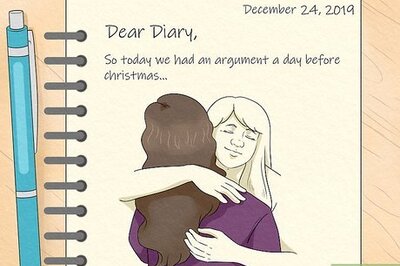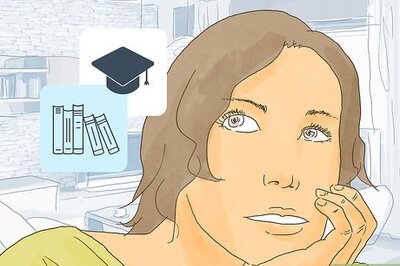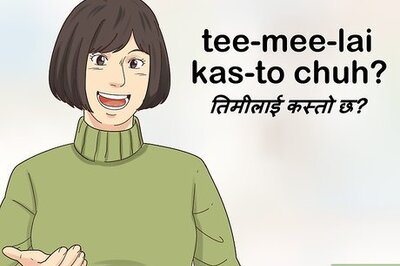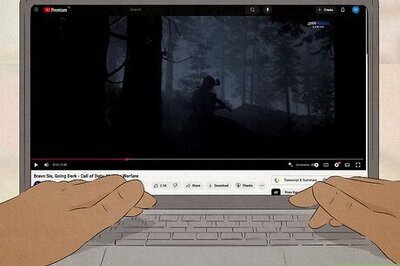
views
CUTTACK: The proposal of the State Government to do away with direct electroconvulsive therapy (ECT) or shock therapy for treating people with serious mental health problems and ailments has hit the wall of psychiatrists. The draft State Mental Health Act, 2010, on guidelines for psychiatry treatment, which is being readied for tabling in the Assembly, has moved to prohibit the “barbaric” practice of administering unmodified or direct ECT to patients with mental illness and sought the opinion of the experts in the field. But the psychiatry fraternity here is steadfast on the effectiveness and practical reality of ECT and its benefits. The doctors have rejected allegations of barbarism and extreme agony to the patients during ECT. When DC shocks are given for heart attacks, how can shocks applied to the brain be termed barbaric and unethical, senior psychiatrists have averred while pointing to a greater conspiracy behind the campaign. Head of the Mental Health Institute under the SCB Medical College and Hospital, which is on its way to become one of the Centres of Excellence in the country, Prof Neelamadhab Rath said direct ECT was the safest and most affordable treatment mechanism for acute conditions like schizophrenia, manic depression and patients who do not respond to anti-depressant or anti-psychotic drugs. ECT is not as it is made out to be. Current of low voltages is applied in very low durations lasting from 0.5 to one second. Holding or strapping of hand and legs during the procedure may be a shocking sight but it is only to prevent fractures during convulsions and not pain. In fact, patients do no even feel any pain in ECT.The 70-bed hospital conducts about 60 ECTs in a week. While the debate rages over complete banning of ECT or at least using anaesthesia-aided shock therapy, the doctors have proclaimed direct ECT to be much safer. In direct ECT, complications arise in about one in a lakh against one in 100 in anaesthesia-aided modified ECT procedures. “Therefore, using direct or modified ECT should be at the discretion of the doctors. There are certain conditions which would not allow direct ECT. A detailed report would be submitted to the Government before it puts the Mental health Act in its final shape,” Dr Rath stated.Meanwhile, State Health Minister Prasanna Acharya has reviewed the progress of the ` 30-crore centre of excellence project of the Institute. The project would increase the bed strength from the existing 70 to 130. New disciplines in geriatric, forensic, emergency and consultancy would be opened with 10 beds each. The institute would also impart training on clinical psychology, psychiatry social worker and psychiatry nursing to generate manpower to handle increasing mental health problems.




















Comments
0 comment